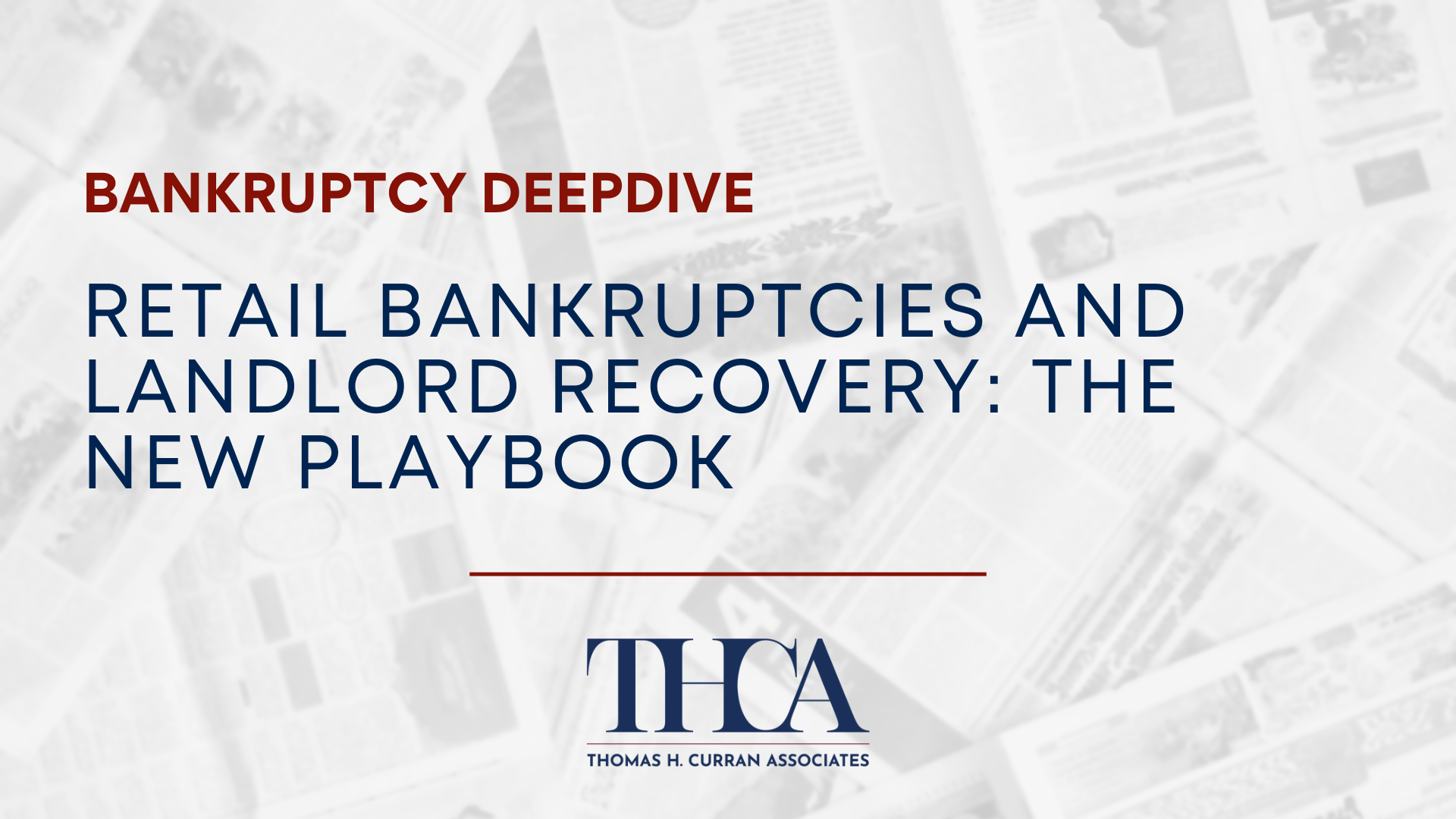Retail bankruptcies remain rampant, but this year’s focus has shifted from store closures to landlord recovery actions.
In May, Bloomberg reported that a major NYC landlord filed Chapter 11 petitions for properties housing thousands of rent-regulated units across areas in Manhattan, Queens, and the Bronx, just months after a bank began foreclosure proceedings. Bankruptcy filings listed asset and liability values between $500 million and $1 billion and immediately paused the landlord’s foreclosure exposure.
For landlords and creditors, the legal implications are significant. Bankruptcy gives landlords temporary protections, such as automatic stay governed under 11 USCS § 362, which stops eviction proceedings and other collection efforts. However, landlords must also navigate complex issues, including debtors decision to assume or reject an unexpired lease. Under federal bankruptcy law, specifically 11 USCS § 365 and Bankruptcy Rule 6006, the assumption or rejection of a lease requires court approval and adherence to procedural requirements. If a lease is rejected, landlords may face limitations on their recovery for damages. Additionally, creditors must carefully evaluate whether their claims will be treated as secured or unsecured, a determination governed by 11 USCS § 506, which addresses the valuation of security.
The Pinnacle filing in Bloomberg demonstrates how bankruptcy can be used not only as a shield against foreclosure, but as a tool to manage debt, preserve property value, and renegotiate obligations.
THCA helps clients navigate these challenges, from landlord recovery and claim filings to fraudulent transfer litigation and lease restructuring.
For more information, please contact us at +1 (617) 207-8670 or visit https://thcalaw.com/contact/

